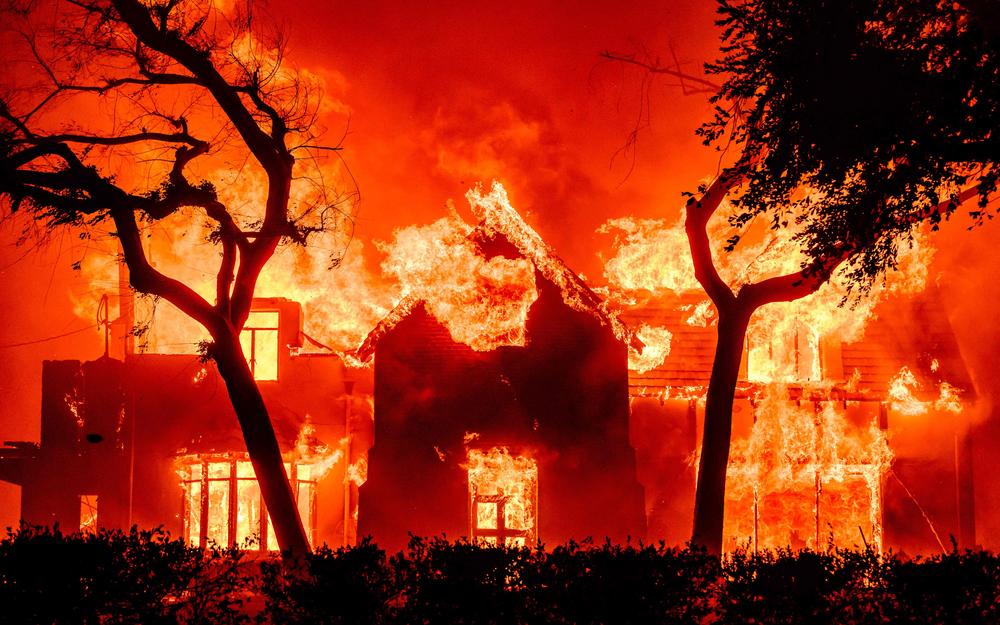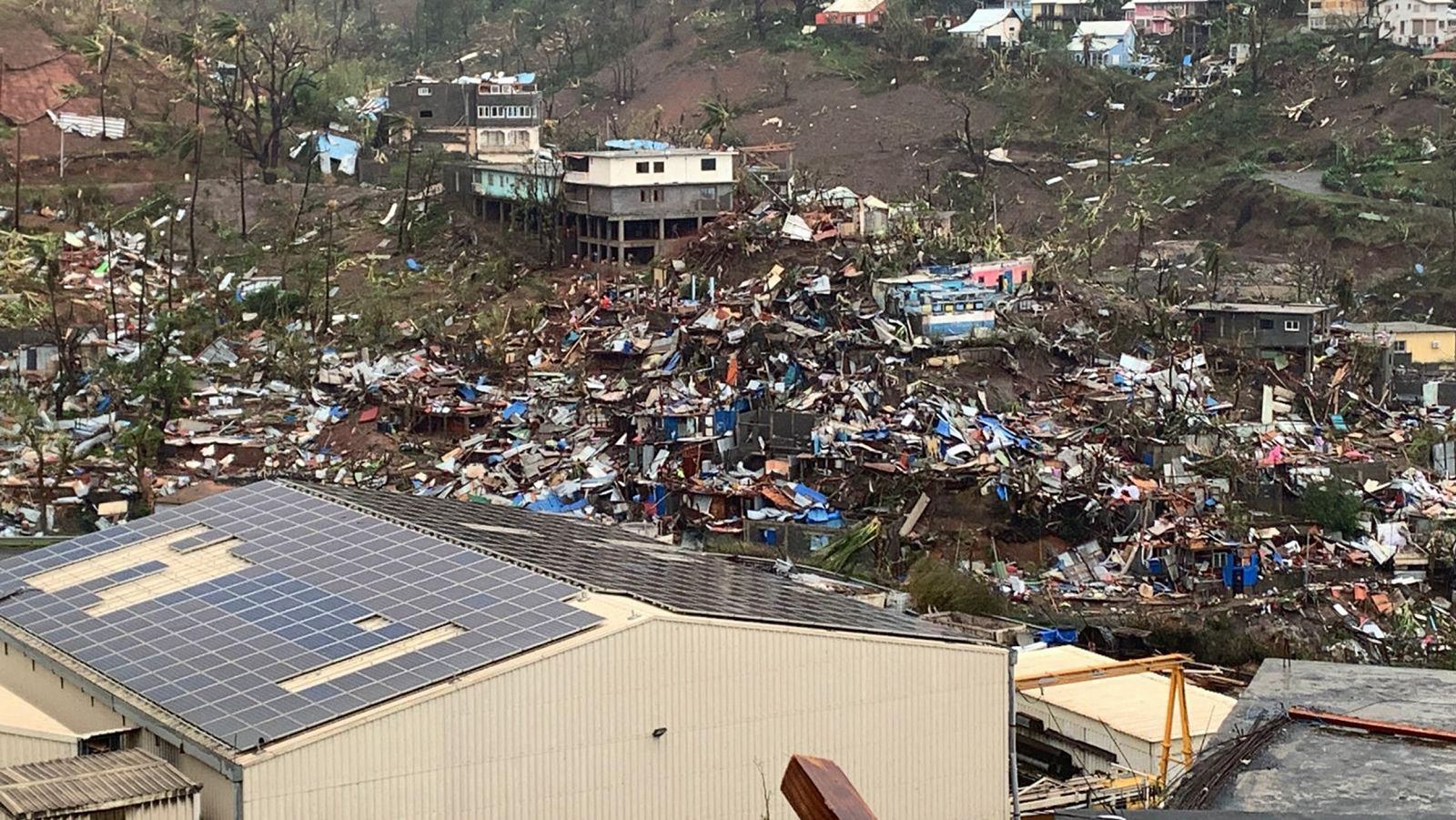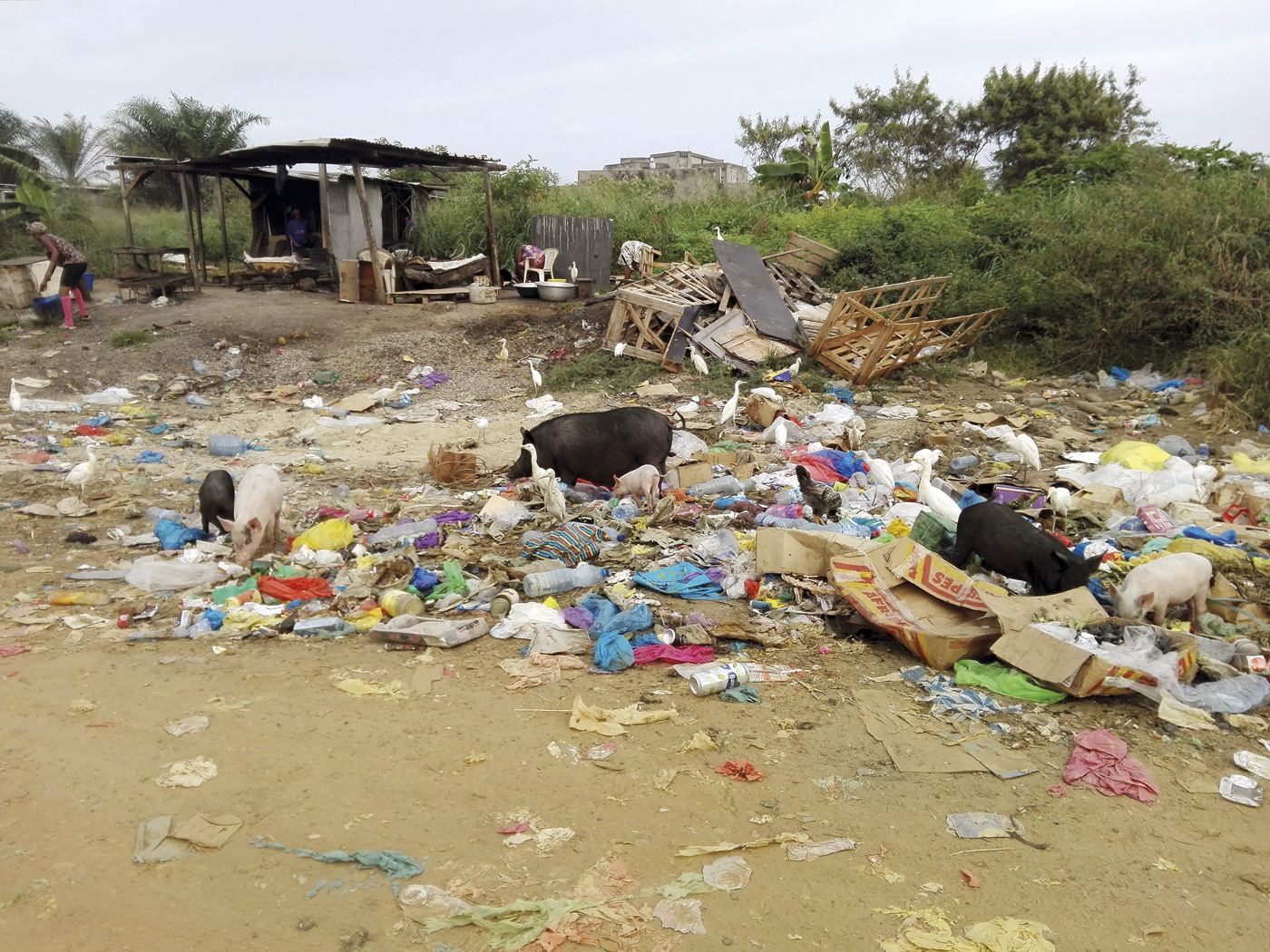Rising climate change calls into question the possibility of ensuring all risks
- As Hurricane Helene, which has hit the Caribbean and North America, shows, the cost of extreme harsh weather conditions reinforced by climate change is colossal. So much so that insurance will be increased accordingly, in order to deal with new risks. If this climate change is not slowed down, insurance can even be unpaid, which would mean the cessation of some economic activities and the emptying of some districts. Why does austerity not deal with climate debt?

Hurricane Helene has hit Cuba and the southeast of the United States very hard, where 167 people have died on the last day. This is the biggest hurricane that has hit the northern coast of Florida, in the Big Bend region, and floods, landslides, overflows of reservoirs and power outages have spread from the Cuban province of Pinar del Río to the American state of Virginia. In the Black Mountains region of western North Carolina, particularly harsh floods have been reported. According to weather forecast agency AccuWeather, material damage in the United States will exceed $145 billion.
The climatologist Peter Kalmus was surprised that in the mainstream media this disaster was not associated with climate change. He said this in an interview with Democracy Now: "I've been reading articles in The New York Times about flooding in western North Carolina. The articles did not mention a single mention of climate change, despite the floods. Beyond that, we are in a broader context of excessive and irreversible warming, caused by the fossil fuel industry. For decades, they have been engaged in lying and hampering action. The planet is warming up too much. It is irreversible. It is a consequence of the fossil fuel industry. And I say exactly "industry," not "fossil fuels," because that industry has systematically hampered action in the last almost 50 years, decades after decade. This will get worse as planets continue to warm up. In the future we will see more severe storms. As we continue to burn fossil fuels and this industry is allowed to spread misinformation and impede action, the planet continues to heat up. The warmer oceans feed these kinds of storms, which grow faster and are much stronger. As the warmer weather conditions can increase the volume of water, we suffer from this kind of rains that cause the floods that are occurring. I believe that this is the worst thing we can imagine: that the leaders and lobbyists in the fossil fuel sector will continue to irreversibly lie in complying with their bank accounts and in the future of our planet and of humanity."
Who will pay?
Kalmus recalls that, by not wanting to stop winning the fossil fuel industry in these decades, we will have to pay the bill for centuries. Despite the fact that many people continue to deny the effects of climate change – the extreme time of ARGIA 2837 is not only capable of raising awareness – insurance companies are becoming clearer: the risks are no longer the same as in the last century, and the conditions for insurance against these risks must be different. The Federation of Insurers of France, for example, published in March this year a report highlighting the increased frequency and severity of time-related damage. As you said, in the French State, this damage amounted to EUR 6.5 billion in 2023, the third most expensive year for the insurance sector. Over the past four years, the cost of extreme weather conditions has exceeded EUR 6 billion per year, a significantly higher percentage than in the previous decade and an 18% higher than forecast. The highest costs have been caused by hail storms, drought storms in 2022 and storms and floods in 2023. In addition to direct damage, they also have indirect consequences, such as the creation of infrastructure and financial problems. Especially worrying for dwellings are, for example, contractions and swelling of clayey soils derived from alternating droughts and rainy times. These tendencies of clays can damage the conductions of the houses and produce cracks in the buildings, jeopardizing the habitability of many houses in the long term.
Without surprises, the proliferation of extreme weather conditions, and the acceleration of this proliferation, cause insurance companies to increase their prices. This has been announced at least by the representatives of the French State, and they are not the only ones who are likely to become more expensive. The housing and professional contracts premium will rise from 12% to 20% in 2025 and the fire premium from 6% to 9%. These increases are expected to raise an additional EUR 1.2 billion, with the aim of alleviating the deficit that the insurance sector has suffered since 2015.
More growth to pay for everything?
Whether through direct damage costs or insurance costs to deal with the risk of damage, climate change will reduce the possibilities of economic activities. An economist may say that the new risks would develop other sectors such as the repair of buildings or the construction of flood diversion dykes, which would lead to GDP growth. Hurrah! But when it comes to the material world, which is what feeds and houses us, we would not feel rich, but precariousness. What if, for example, an excessive risk of hurricane or typhoon causes most buildings and businesses to have too expensive insurance in Florida, Texas, South Japan or Taiwan? Or in some regions of Belgium, Germany or the Czech Republic, if the risk of flooding becomes too expensive? Or if the risks of drought, heat waves and floods that mix in other places, like California or the Mediterranean, become too expensive? Many activities would become economically unviable because of the risk of cancelling all investments at any time and because of the very limited possibilities and aid for reconstruction. More and more companies could close or leave, irreparable damage would accumulate in buildings and infrastructure, and only those who cannot escape would remain in those regions.
At a time when measures are being taken against refugees, we have not sufficiently understood that we or our children may once be refugees as a result of the irreparable damage caused by disasters. And at a time when austerity is becoming more fashionable, we have not sufficiently understood how much the atmospheric debt we leave to the new generations – the cumulative greenhouse gas – will affect the prosperity of the future.
There was no one or all. That we all suffer at least if the necessary changes are not made so that no one suffers the climate emergency. You – reader – I – Jenofá-, they – poor – and they – rich. The fires in Los Angeles did not give me satisfaction, but a sense of... [+]
The understanding and interpretation of the mathematical language is what is important in the learning process, at least it is what we say to our students. The language of mathematics is universal, and in general, the margin of error for interpretation tends to be small. We... [+]









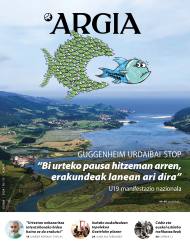

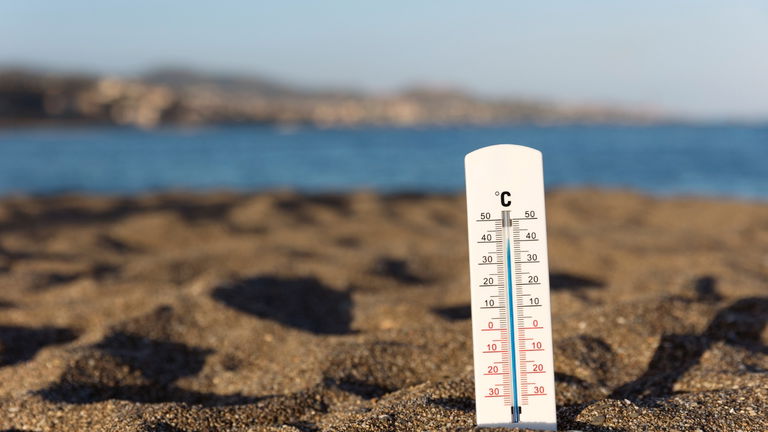


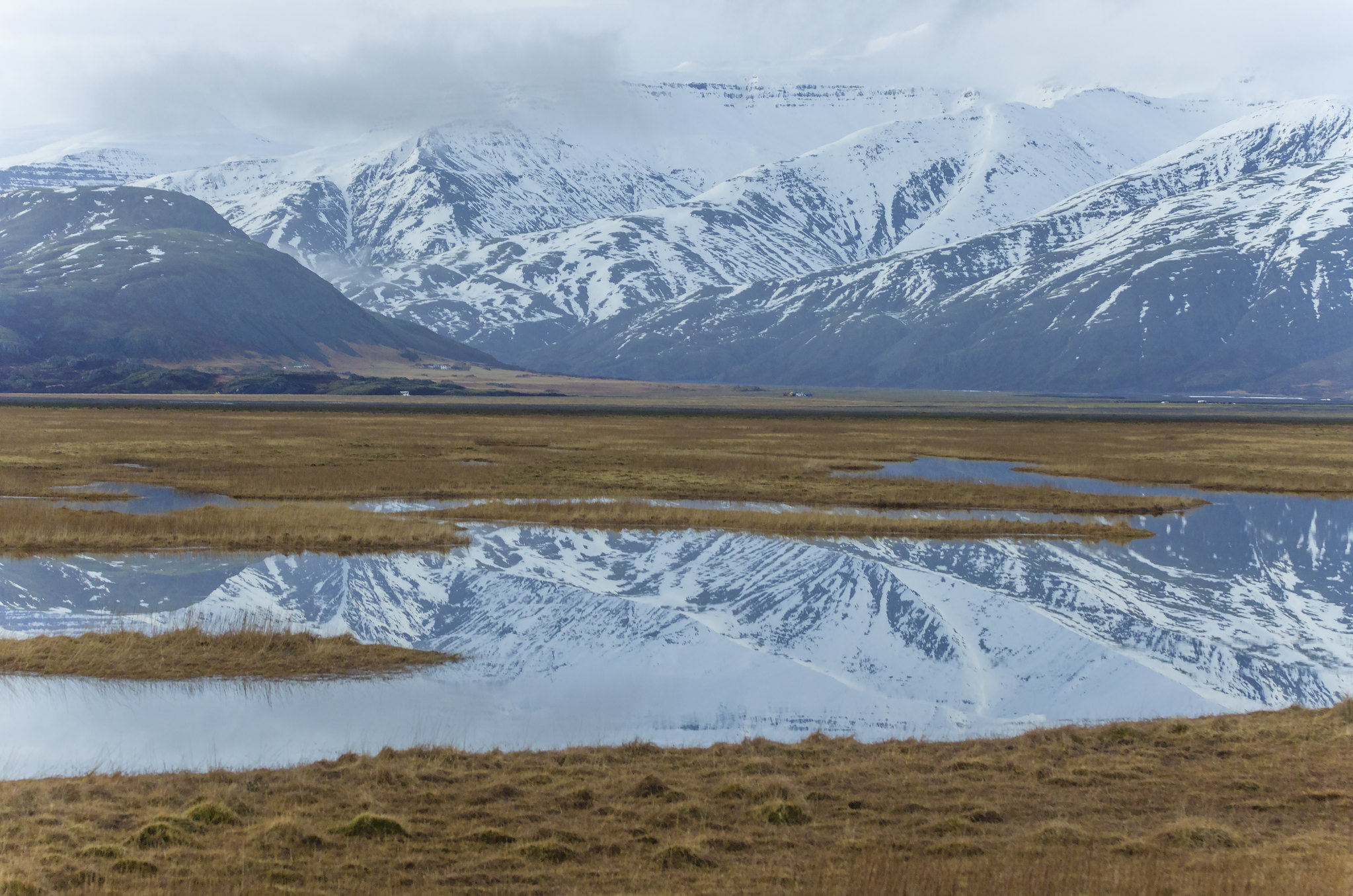
-(1).jpg)
